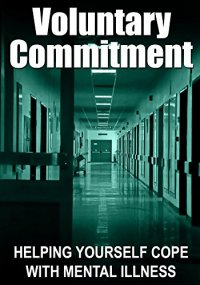Diagnosis and Hospitalization goes over the difficulty–given the subjective nature of interpretation–of arriving at the correct diagnosis. The author also describes her first experience in a locked psych ward and what types of inpatient treatment and are available.
Being an Active Participant in Your Treatment means selectively choosing a doctor and therapist. There are different sources of outpatient treatment, such as community mental health clinics and medical schools; different types of therapy–such as cognitive behavioral therapy–and how finding the correct fit is important.
Over the years, in the course of getting diagnosed and seeing different psychiatrists, Atkins has been on many different many different medications, from antidepressants such as Prozac and Zoloft, antipsychotics like Serzone and Abilify, anti-anxiety medications like Klonopin and Buspar and mood stabilizers, such as Lamictal and Neurontin.
Affordable Care describes the ways you can–even if you are without insurance or a job–find help paying for doctor visits and medications.
Staying Well goes includes not only basic things like nutrition and sleep habits, but stresses the importance of minimizing stress and knowing when to say no.
In discussing disclosure, Atkins relates the consequences of her own decisions to inform others about her illness and reasons why it isn’t always a good idea to be up front about your condition.
Finally, there’s a section on the process of applying for disability, otherwise known as SSDI. The author explains what you’ll need to prepare to apply (medical records, etc.) and what you can expect from the process.






